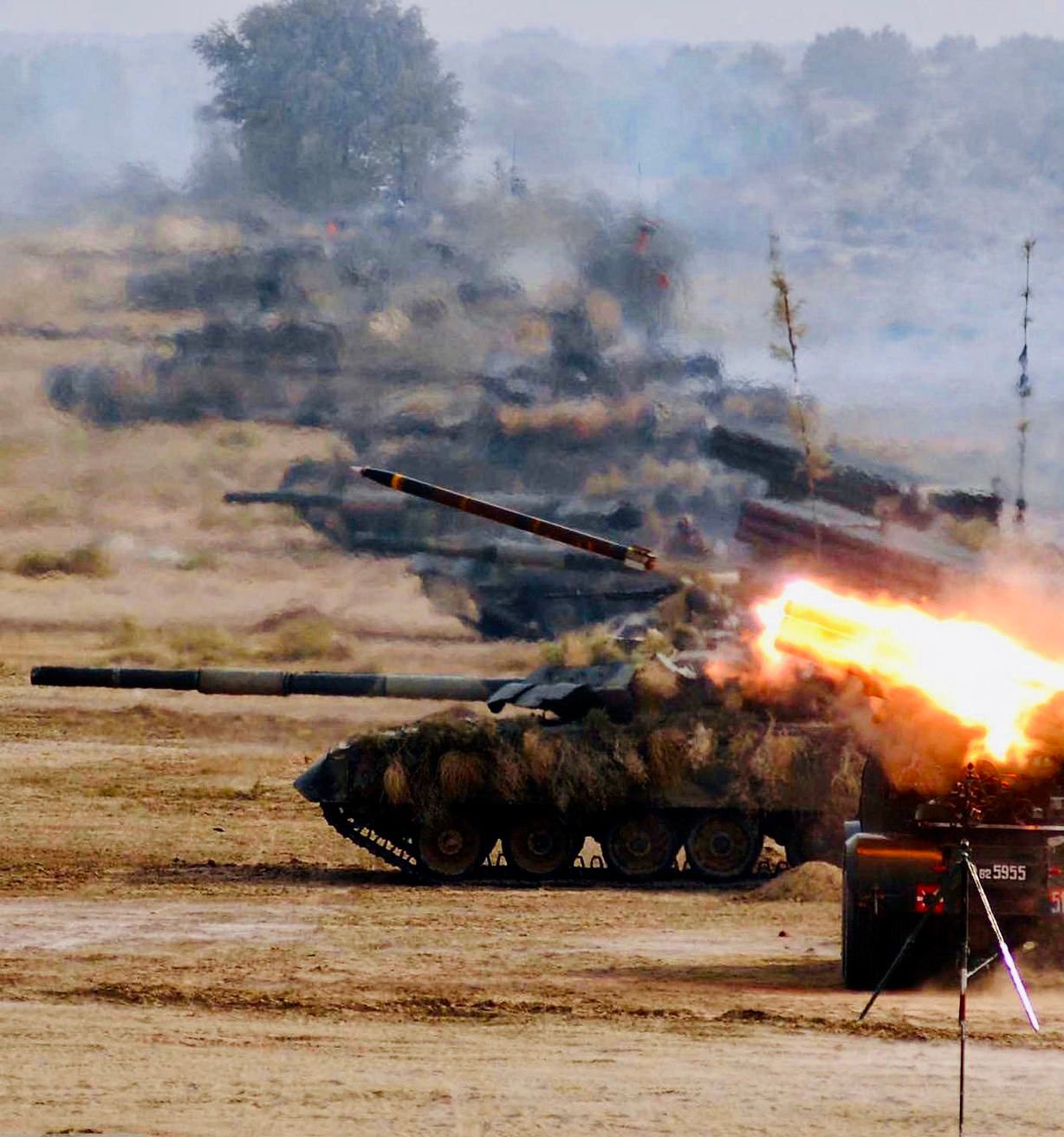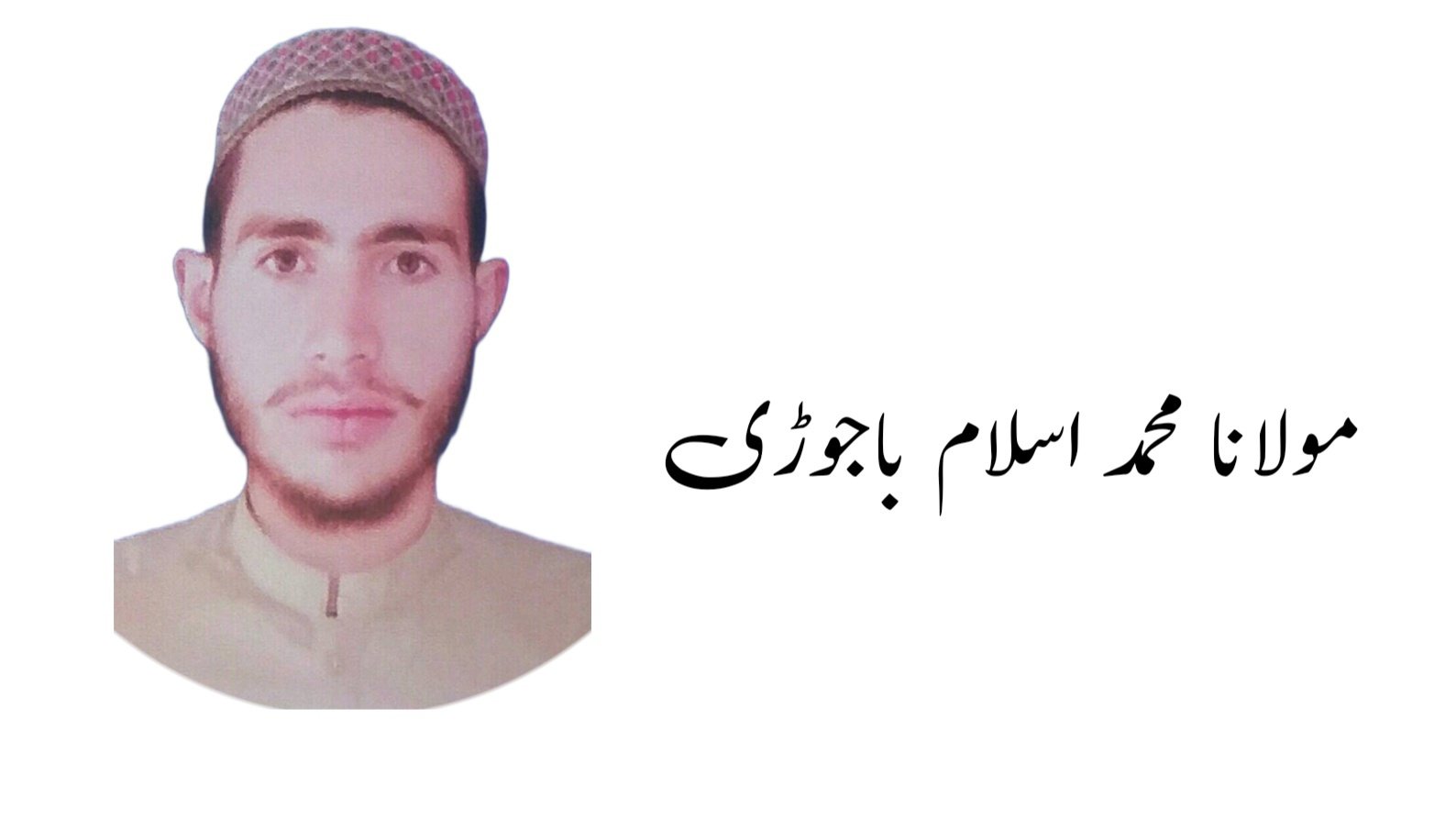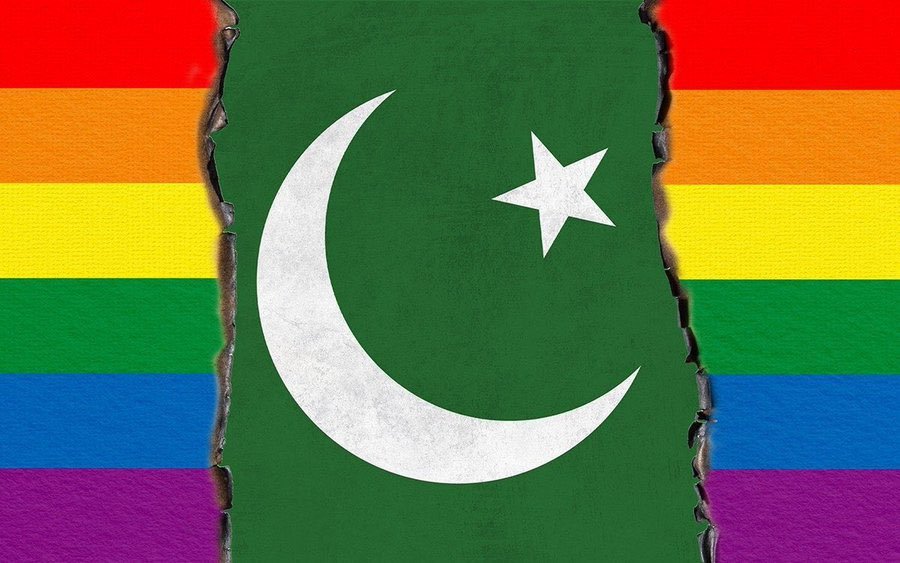Objection of a Hindu
The Holy Prophet (peace be upon him) used to abuse
The Prophet (peace and blessings of Allaah be upon him) was heard saying: “Whoever attributes himself to ignorance, then ask him to cut off his father’s male organ and not to speak symbolically(i.e., be clear).”
Answer:
Mufti Syed Fasihullah Shah
Before answering, see the original Arabic words of the hadith:
فقد أخرج الإمام أحمد في مسنده عن عتي، عن أبي بن كعب، قال: رأيت رجلا تعزى عند أبي بعزاء الجاهلية، افتخر بأبيه، فأعضه بأبيه، ولم يكنه، ثم قال لهم: أما إني قد أرى الذي في أنفسكم، إني لا أستطيع إلا ذلك، سمعت رسول الله صلى الله عليه وسلم يقول: من تعزى بعزاء الجاهلية، فأعضوه، ولا تكنوا. وفي رواية: إذا الرجل تعزى بعزاء الجاهلية، فأعضوه بهن أبيه، ولا تكنوا . والحديث صححه ابن حبان، والألباني.
Translation:
“Whoever attributes himself to the time of ignorance, cut off his father “Hun” and do not use a hint in it.”
Word interpretation:
“Han” refers to every bad and bad thing that is not clearly described by name, so this word is also applied to shame.
Now look at the answer:
There are two circles of scripture and scripture:
1: Everyday interaction
In order to understand the tone and words with which people will talk to each other in the society, Islam has set limits for social reform that there should be complete avoidance of heartache, slander, slander and abuse.
Thus, in Islam, it is strictly forbidden to abuse, abuse, slander, obscenity:
“عن ابن مسعود – رضي الله عنه – قال: قال رسول الله صلى الله عليه وسلم:((سِباب المؤمن فسوق، وقتاله كُفر))؛ متفق عليه”.
Abusing a believer is a sin and killing him is like disbelief.
The Prophet (peace and blessings of Allaah be upon him) described abuse as a sign of a hypocrite.
“آية المنافق ثلاث: إذا حدث كذب، وإذا عاهد أخلف، وإذا خاصم فجر هل تتفضلون بتوضيح هذا الحديث وخصوصًا: إذا خاصم فجر”۔
He said: “There are four signs of a hypocrite. When he lies, if he makes a promise, he violates it, if he is made an amin, he betrays and when there is a quarrel, he comes down on abuse.
2: The second is punishment, scolding, warning and punishment.
Obviously, the principles of this circle are not the same, nor the language, nor the way of explaining is the same as before.
For example, killing an innocent person is a big crime, but killing a murderer and a robber is a legal and moral requirement, which is not in any way against moral rules, because in normal circumstances moral rules apply and in the case of a crime, the rules of legal punishment apply to the culprit.
Scolding, intimidating, threatening a common man is not permissible but immoral.
But when the convict stands in the court, the language of the lawyer and the judge is different, there the lawyer does not say that the person should be convicted with honor and respect, nor does the judge use the words of honor and respect and general literature and culture while pronouncing the verdict.
Under normal circumstances, no one can be called a criminal, a thief, a robber and a murderer, a rapist and an adulterer, but in court, the same respectable citizen is called by bad titles like robber, thief, adulterer and criminal after evidence.
The above hadith is also related to the second realm of scripture.
Since nationalism is the most severe crime in Islam after shirk, even if a person from above is proud of it, then the strongest warning is necessary.
Blasphemy is a serious crime in Islam:
The Prophet (peace and blessings of Allaah be upon him) said:
”و لیس منا من مات علی عصبیة“۔(مشکوٰة المصابیح: صفحہ: 417)
Meaning: “He who died on the basis of death is not one of us.”
Abu Hurairah (may Allah be pleased with him) reported that the Prophet (peace and blessings of Allaah be upon him) said:
“Let people stop boasting about their fathers who have died, whose reality is nothing but that they have become the coals of Hell, otherwise if they do not cease to boast, they will be more humiliated in the sight of God than the worm of the cow that removes the cow from their noses.” (Tirmidhi)
In many such hadiths, it has been taught to keep the society clean from the smelly disease like isbait.
Nevertheless, whoever boasts about the ancestry of his forefathers and speaks to the people, then the ruler and the companions of the office should condemn with the strongest words so that he does not dare in the future, so such a person was told that the lineage you are proud of should be in your mouth.
But despite this, the commonly used word for shramgah has not been brought to the language, but the literary word “hin/bajar” has been used, which is not a slang in ordinary language, but a strong warning word for the culprit of nervousness.



















